|
I've been reading and video gaming to fill up a sudden influx of spare time. Where did those hours come from? I gave up on myself as an author. I did the one thing that marks an author as a failure. I quit believing in myself. There were a lot of forces contributing to my epic burn out, but there's always that *one* moment that pushes a person over the edge, and that moment happened when someone gave me the wrong feedback at precisely the right moment. My increasingly fragile grip on my writing career shattered into a thousand pieces. I don't blame that person because that moment was equivalent to a match falling on the trail of gasoline leading up to an already impressive bonfire. I already had problems. Lots of them. That extra gasoline took off my eyebrows and made me realize that it was time to walk away from the blaze for a while. Magical Thinking has been a topic on this blog. As a perfectionist, I have a habit of setting unrealistic standards. I know this about myself, but I persist in this silly, damaging habit. The expectation that my first novel would hit the best seller-list was one of my most epic unrealistic goals. Once it became apparent I had to keep a day job to maintain a decent standard of living, there was a period of adjustment (read: disappointment). Burning the candle at both ends took its toll. The more challenging my day job became, the less I wrote. But there are so many unpleasant things writers face (particularly women, non-white, and/or LBGTQ) that it wore me down. There are two things you need to be an author: Persistence and Empathy. Persistence almost outweighs empathy in importance. An author must somehow handle a metric shit ton of rejection and criticism. Even the best authors are gleefully shat upon. You've seen J.K. Rowling's rejection letters, right? If that isn't enough proof, go to Goodreads, look up your favorite author, and read the reviews. I swear there's some kind of cult that rewards experience points for the most scathing reviews. I can hear them now. "I'm a level 28 cyber troll. I specialize in depressive potions and explosive commentary. I've been known to cause optic blood vessels to spontaneously burst in authors foolish enough to read my reviews." Goodreads reminds me of the movie where the angry mob gathers for a hanging. No matter how terrible the criminal is, the eager expression reflected in the collective gazes of the crowd makes my stomach clench. Empathy is necessary to create realistic characters, particularly if diverse representation is a focus. I've known writers who create vivid worlds with interesting events, but the elemental spark necessary for the reader to make a connection to the protagonist is missing. The people in their worlds are two dimensional, and although at times I can't point to any one thing that is wrong, something is off. It's like today's scary artificial intelligence robots. They look almost real, and that narrow gap between fake and real is what makes them so fucking creepy. It's almost right. But not quite. That "not quite" turns out to be really important. By Steve Jurvetson from Menlo Park, USA - Flickr, CC BY 2.0, https://commons.wikimedia.org/w/index.php?curid=389170 Empathy is not my problem. I'm one of those people who maybe has a little too much. I've been known to cry during toilet paper commercials. I had a major persistence fail. Kameron Hurley is my new hero. I've been reading Geek Feminist Revolution and she had me hooked in the first paragraph of the first chapter (if you're a writer or a geek and consider yourself a feminist, GET THE BOOK). In the first three paragraphs, she succinctly boiled down each of the pressures that had combined to blow the lid off my operation. Negative feedback, a preoccupation with perfection, and a paralyzing fear of contributing to the damaging stereotypes that saturate fiction. I mistakenly believed that the spin on each of these factors was unique to my situation. It turns out there are a lot of writers who share my pain. I've already mentioned Goodreads and rejection. Negative feedback comes in a lot of forms. I write vampire fiction, and people tend to try to squish me into a neat little box labeled "Paranormal Romance." I enjoy paranormal romance. I struggle with the tired tropes, but that doesn't mean I don't like the genre. The thing is, I don't write it. I like action, mystery, and high stakes. There are relationships in my books because humans (and non-humans in my universe) are social animals, but it's not the foundation of my work. In fact, I've had to recruit my good friend, Eliana West, to coach me on key scenes. Even though I'm as romantic as ludefisk, inevitably there's that guy at writing conventions who rolls his eyes and explains to me what I write and why it sucks, which is why I have a lot of empathy for romance writers. Their novels have just as much value as the next, but too many times they are treated as a sub-par category of writers. It's bullshit. Because I write about vampires, even my family has expressed disappointment. I'm talented, but it's wasted. When am I going to write something better? Perhaps I could crank out a romance or focus on something I know. Instructional manuals on how to improve existing Salesforce configurations in growing companies perhaps? (On the upside, that's actually a book that would sell.) With all of that disappointment and disdain swirling around, it didn't take long for me to join the bandwagon. You see, my first book was far from perfect. I'm lucky that people like it, but I was so intent on writing the story that I missed all of the stereotypes that snuck in there. I take full ownership and can list them off for you. In the second book, I had fun with the stereotypes and revealed the characters to be more complex than first glance. In the third book, I introduced some diverse characters I love. While writing the fourth, I got stuck in a hyper-critical loop that broke my brain. Ever heard of analysis-paralysis? I'm here to assure you it's real. Combine all of this valid and not-so-valid stuff with the knowledge that gazillions of people have published books to compete with and a lot of them are better, and I shut down like an introvert in a rave. I needed to spend a few months rocking in the corner and plugging my ears. And video gaming. My Skyrim character is fricken' awesome. But thanks to Kameron Hurley, I've finally figured out I'm not alone. I will get better at writing. I just need to persist.
6 Comments
|
Camela ThompsonFreelance writer and Dark urban fantasy author featuring vampires with bite. My BooksCategories
All
Archives
July 2020
|
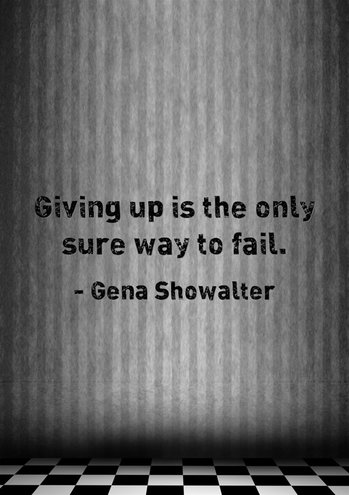
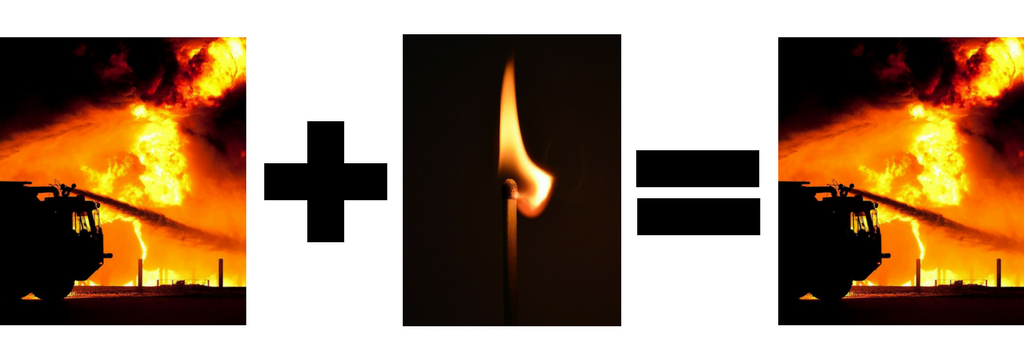
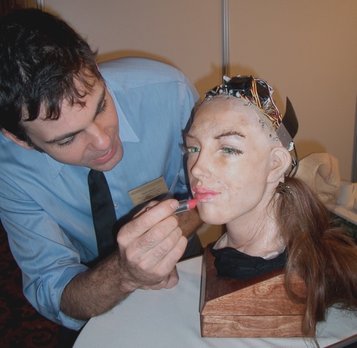
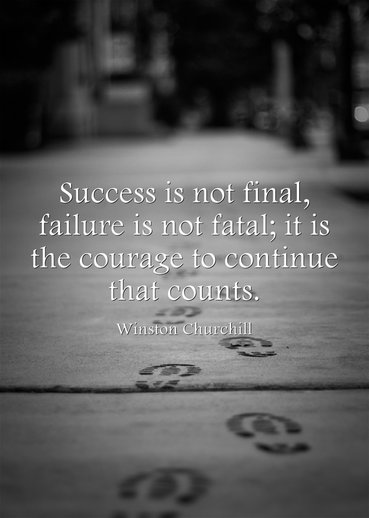
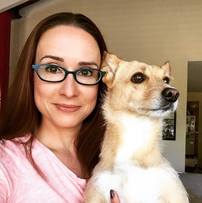
 RSS Feed
RSS Feed